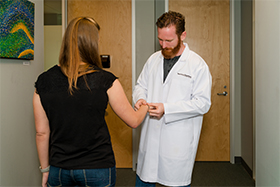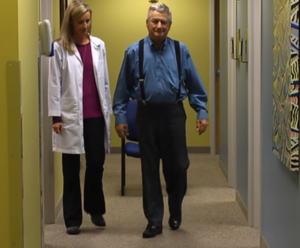
The Evolution of Deep Brain Stimulation: Advancements and Innovations
Deep Brain Stimulation (DBS) for Parkinson’s disease offers relief from debilitating symptoms and can restore hope for a better quality of life. However, like any advanced medical technology, DBS device programming and troubleshooting by a movement disorder specialist is needed to ensure optimal performance. That’s where Neurology Solutions shines as a leader in DBS programming […]





